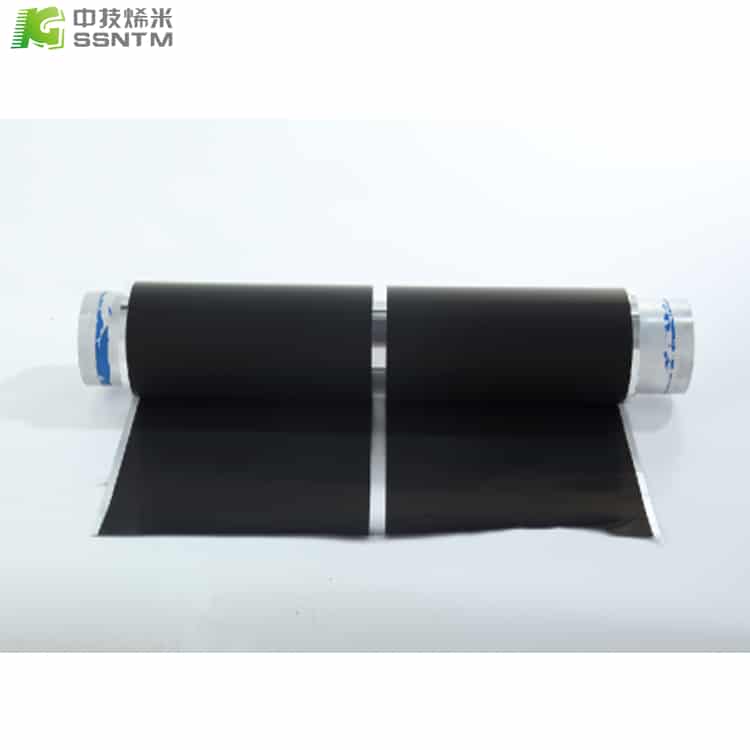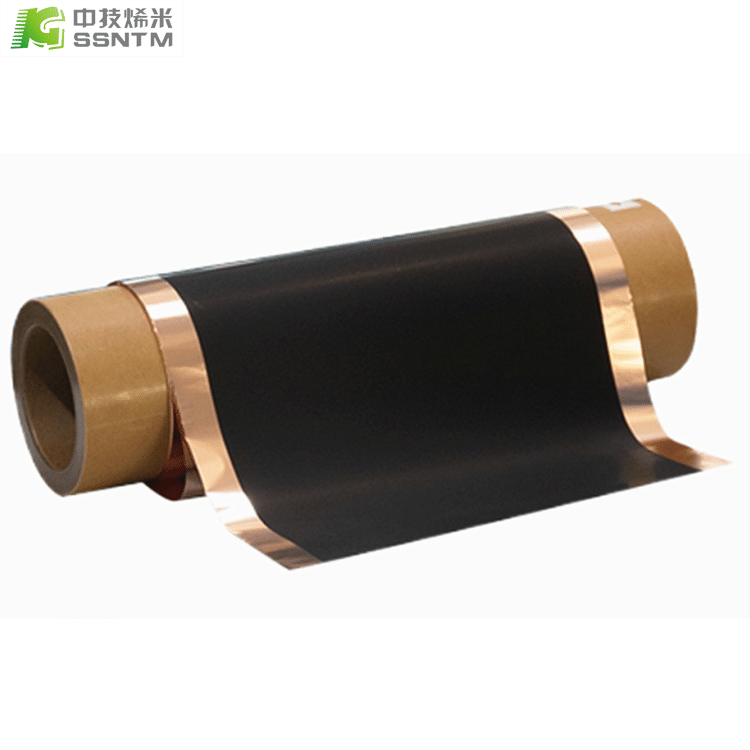What are the differences between lithium batteries and lead-acid batteries?

As an important energy storage method, batteries have been widely used in modern life. Lithium batteries and lead-acid batteries are currently the two most common types of batteries in the market, and there are many differences between them. From the perspectives of safety, energy density, and environmental friendliness, the differences between lithium batteries and lead-acid batteries are as follows:
Firstly, security. Due to the easy occurrence of chemical reactions in the internal materials of lithium batteries, the safety of lithium batteries is not as good as that of lead-acid batteries. In some extreme cases, lithium batteries may be damaged due to internal short circuits, overloads, and other reasons, leading to accidents such as fires or explosions. Although lead-acid batteries also have safety hazards such as over discharge and overcharging, their safety is higher than that of lithium batteries due to their relatively stable electrochemical reactions.
Secondly, energy density. Lithium batteries are widely used in electronic devices and electric vehicles due to their high voltage and energy density, smaller size and weight. In contrast, lead-acid batteries have a lower energy density and require a larger volume and weight to store the same amount of energy. Therefore, in fields such as electric vehicles and electric vehicles that have high requirements for range, lithium batteries are more competitive.

Also, environmental friendliness. Relatively speaking, lithium batteries are more environmentally friendly. Lead acid batteries contain heavy metals such as lead, which can cause environmental pollution due to improper handling. The materials in lithium batteries are more environmentally friendly and can reduce their impact on the environment during recycling.
In summary, lithium batteries and lead-acid batteries each have their own advantages and disadvantages, and suitable battery types need to be selected based on specific usage scenarios and needs. If it is in areas with high requirements for safety and environmental impact, such as healthcare and military industries, lead-acid batteries are a better choice. On the contrary, if it is in the field of high efficiency and lightweight, such as electronic devices and transportation vehicles, lithium batteries are a better choice. In the future, with the development of technology, we will also see more advanced battery technology to meet people’s higher demands for energy storage and applications.





